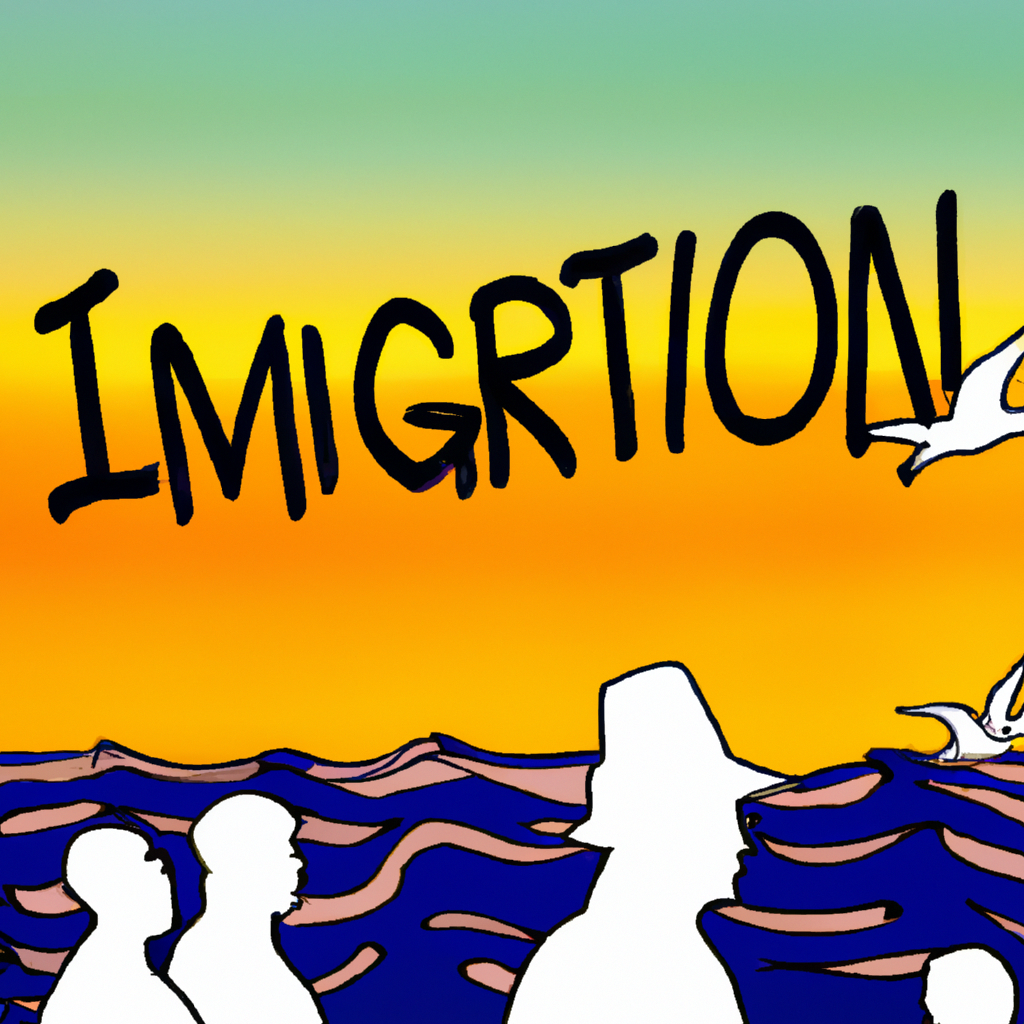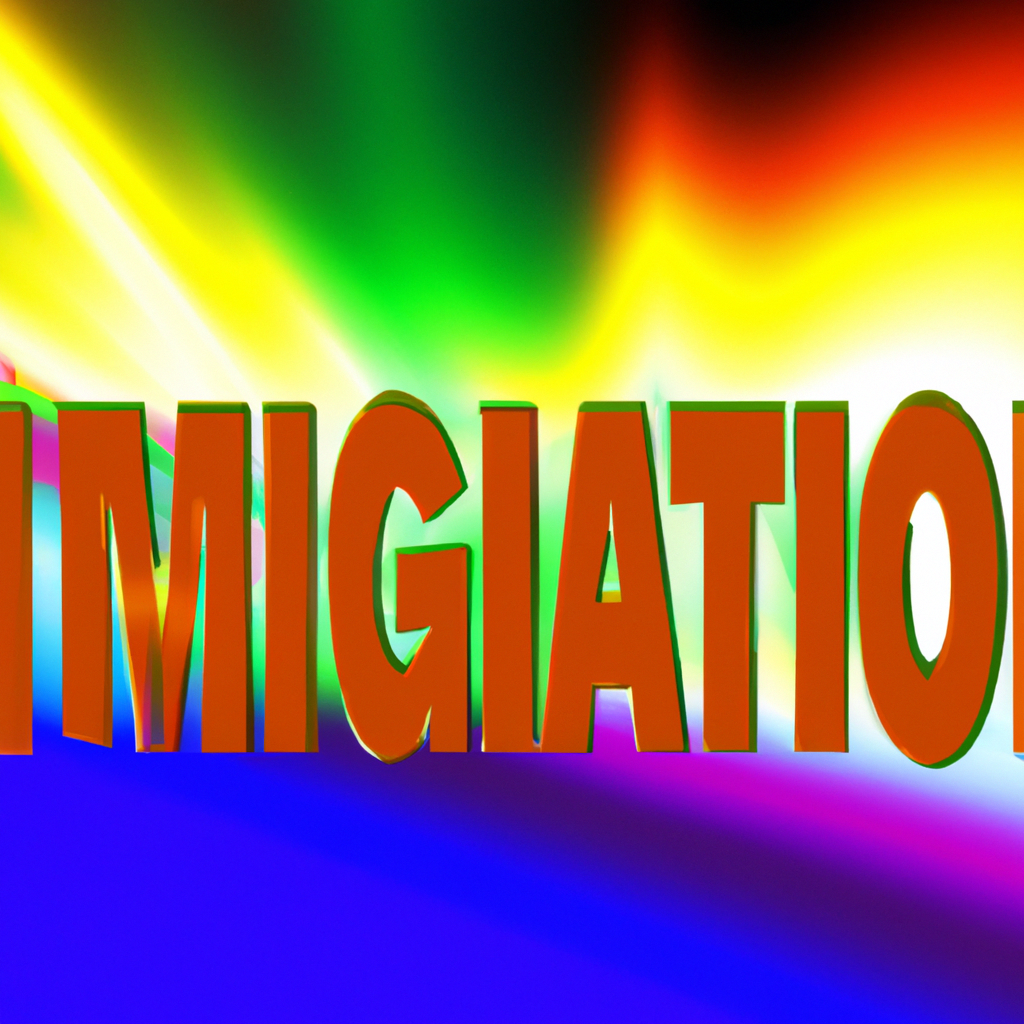Title: Understanding The Complexities of Immigration: A Comprehensive Overview
Introduction
Immigration is a global phenomenon that influences social, economic, and political aspects of different countries. It involves the movement of people from their native land to a foreign country with the intent to live, work, or study. This blog post provides a comprehensive understanding of immigration, its causes, implications, and the different perspectives surrounding it.
Understanding Immigration
Immigration is a key facet of globalization and has been a part of human history for centuries. It is driven by several factors including socio-economic conditions, political unrest, and personal aspirations. The process involves legal protocols varying from one country to another, often involving visas, work permits, or refugee status.
Types of Immigration
Immigration can be categorized into several types depending on the motive behind the movement. Economic immigration involves people moving to find better work opportunities and improve their living standards. Family reunification is another common reason for immigration, where individuals move to join family members already settled in another country. Asylum seekers and refugees are those forced to leave their home countries due to conflict, persecution, or natural disasters.
Implications of Immigration
The implications of immigration are multifaceted, impacting both the home and host countries. For the host country, immigration can lead to economic growth and cultural diversity. Immigrants often fill labor gaps, contribute to the economy through taxes, and enrich the cultural fabric of the society. However, challenges such as integration issues, strain on public services, and cultural clashes can also arise.
For the home country, emigration can lead to a shortage of skilled labor, commonly referred to as ‘brain drain.’ Nevertheless, remittances sent back by emigrants can significantly contribute to the home country’s economy.
The Immigration Debate
Immigration is a sensitive subject that often sparks intense debate. Proponents argue that it promotes economic growth, cultural diversity, and humanitarian values. They emphasize the need for inclusive immigration policies that respect human rights.
Critics, on the other hand, express concerns over national security, cultural identity, and economic stability. They advocate for stricter immigration controls to protect domestic resources and maintain social order.
The Role of Policy
Government policies play a significant role in managing immigration. Policies range from open-door to restrictive, based on the country’s economic conditions, political climate, and societal attitudes. These policies can significantly shape the experiences of immigrants, affecting their legal status, access to services, opportunities for integration, and overall well-being.
Effective immigration policies balance the needs of the host country with the rights and aspirations of immigrants. They also consider international obligations towards refugees and asylum seekers.
Conclusion
Immigration is a complex and multifaceted issue with far-reaching implications. It can be a source of economic growth, innovation, and cultural diversity. At the same time, it presents challenges that need to be managed through effective policies and societal cooperation.
As we move forward in an increasingly globalized world, the dialogue around immigration becomes ever more pertinent. Understanding the complexities of immigration can help societies and policymakers navigate this challenging terrain, fostering an environment that respects diversity, upholds human rights, and promotes socio-economic growth.
Keywords: Immigration, Economic Immigration, Family Reunification, Asylum Seekers, Refugees, Immigration Policies, Cultural Diversity, Globalization, Brain Drain, Economic Growth, Integration Issues, National Security, Humanitarian Values, Remittances.
Meta Description: Uncover the complexities of immigration, its implications, and the ongoing debate surrounding it. Explore the role of policies in managing immigration and the impact on both home and host countries.



Leave a Reply